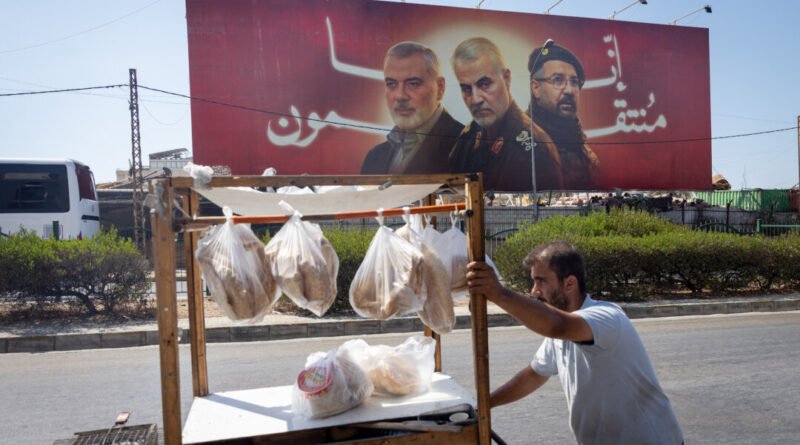Attempts to resume discussions between Israel and Hamas to reach a cease-fire hit a roadblock
Hamas expressed its desire to implement an earlier proposal rather than engage in further discussions. Efforts to secure a cease-fire between Israel and Hamas in the Gaza Strip after 10 months of conflict hit a roadblock when Hamas announced on Aug. 14 that it would not participate in the upcoming cease-fire talks scheduled to begin the following day in Qatar.
This development dampened hopes for a cease-fire that could prevent an Iranian retaliation against Israel in response to the recent assassination of Hamas leader Ismail Haniyeh in Tehran. Various world powers have been working diplomatically to prevent a broader conflict sparked by an Iranian strike.
While Israel agreed to send a delegation to the talks in Qatar, Hamas insisted on implementing an earlier proposal instead of engaging in further negotiations.
According to senior Hamas official Sami Abu Zuhri, participating in new negotiations could allow Israel to impose additional conditions and potentially lead to more violence. On Israel’s side, the Gaza offensive continued, with certain cabinet ministers, like National Security Minister Itamar Ben Gvir, causing controversy through what critics saw as provocative actions.
The situation escalated when Ben Gvir visited the Temple Mount in Jerusalem, the location of the Al-Aqsa Mosque, a significant holy site in Islam. Despite facing condemnation from Prime Minister Benjamin Netanyahu and foreign nations, Ben Gvir proceeded, along with other worshippers, to pray at the site.
Meanwhile, Israel unveiled plans for new settlements in the West Bank, emphasizing historical Jewish connections to the land. Finance Minister Bezalel Smotrich defended these actions as a response to perceived threats from Palestinian leadership and nations recognizing a Palestinian state.
Concerns over a potential Iranian response to recent events, including the assassination of prominent figures like Haniyeh, have escalated. Calls for caution and de-escalation from global leaders have been met with defiance from Iran’s new leadership.
Despite international efforts to prevent further conflict, tensions remain high, with the United States approving a significant arms sale to Israel to bolster its defense capabilities.



